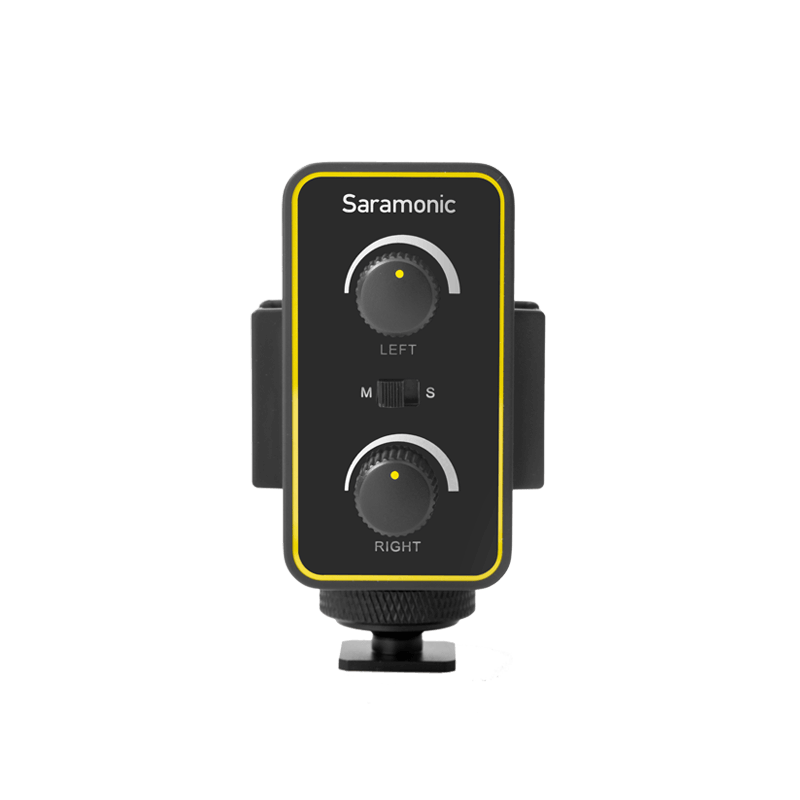Unlock Your Sound: Discover the Ultimate Audio Mixer That Will Transform Your Audio Experience!
In the world of audio production, mixing is an essential process that can significantly affect the quality of the sound. Whether you are a professional sound engineer, a musician, or a hobbyist looking to elevate your audio game, investing in a good audio mixer is crucial. The growing popularity of audio mixers in various settings—from live performances to home studios—reflects this need. A high-quality mixer not only enhances sound clarity but also provides creative control over your audio. This article aims to guide you in finding the perfect audio mixer that meets your unique requirements and elevates your sound experience.

Understanding the Basics of Audio Mixers
An audio mixer is a device that combines multiple audio signals into one or more output signals. It allows users to adjust levels, EQ, and effects to achieve a desired sound. There are various types of audio mixers available, including analog, digital, and powered mixers, each with its unique features and advantages. Analog mixers are typically favored for their warm sound quality, while digital mixers offer advanced features and flexibility. Key features common across mixers include channels, which are the pathways for audio signals; inputs that allow you to connect microphones and instruments; outputs to send signals to speakers; and built-in effects that can enhance your sound. Understanding these basics is essential for making an informed decision when selecting a mixer.
Key Factors to Consider When Choosing an Audio Mixer
When searching for a good audio mixer, several important factors should guide your decision-making process. First, consider the size and portability of the mixer. If you plan on using it for live performances, a lightweight, compact model may be ideal. Next, assess the number of channels you need. More channels allow for greater flexibility, especially if you’re working with a larger group of musicians or multiple sound sources. Compatibility with other equipment is also crucial; ensure that your mixer can connect to your microphones, instruments, and audio interfaces. Additionally, think about the types of inputs and outputs you require, such as XLR, TRS, or USB connections. Lastly, built-in effects and processing capabilities can enhance your mixing experience by offering various sound shaping tools at your fingertips. Taking the time to evaluate these factors will help you find a mixer that fits your needs like a glove.
Popular Features of Audio Mixers
As you dive deeper into the world of audio mixers, you will discover various features that can significantly enhance your user experience. One major consideration is whether to choose a digital or analog mixer. Digital mixers often come equipped with advanced features, including programmable effects and the ability to save settings, while analog mixers are prized for their straightforward operation and rich sound quality. EQ controls and effects are vital for shaping your audio; having access to high-quality equalization can make a noticeable difference in your mix. USB connectivity has become increasingly popular, allowing users to easily record performances directly to a computer or interface. Finally, monitoring options, such as headphone outputs and auxiliary sends, provide valuable feedback during mixing and performance. These features can elevate your sound quality and workflow, making them essential considerations in your search for a good audio mixer.
How to Evaluate Your Needs
To find the audio mixer that best suits your needs, it is essential to assess your personal or professional requirements carefully. Start by asking yourself about the intended use of the mixer. Are you looking for something for live performances, studio recording, or perhaps a combination of both? This will significantly influence the type and features of the mixer you need. Additionally, consider your budget constraints; with various options available, it's important to find a balance between quality and price. Reflecting on your prior experiences can also be helpful; for instance, a friend of mine who is a musician swears by a specific type of mixer for its reliability during live shows. By thoroughly evaluating your needs and preferences, you can make a well-informed decision that meets your audio mixing aspirations.
Final Thoughts on Choosing the Right Mixer
In summary, selecting the right audio mixer is crucial for enhancing your audio experiences, whether you're a professional or an enthusiastic hobbyist. By understanding the basics of audio mixers, considering key factors such as size, compatibility, and essential features, and evaluating your specific needs, you can make an informed purchase. Remember that investing time into research and reflection before making a decision is vital. A good audio mixer can transform your sound, so take your time to explore your options and discover the perfect match for your audio journey.











Comments